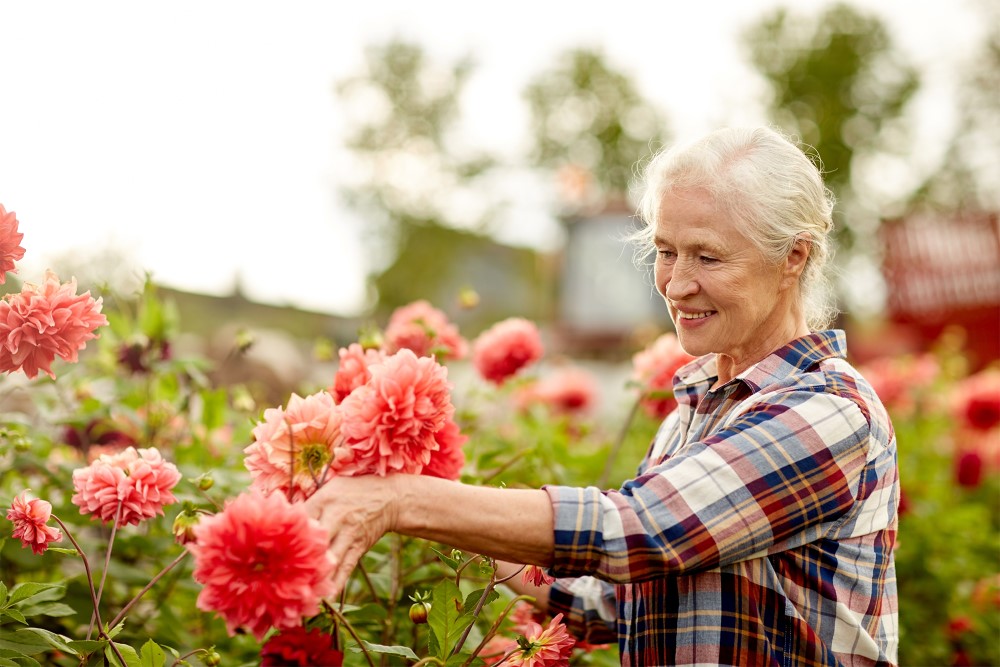Meet Our Nurse Researchers

At UMSON and at UMB, groundbreaking discoveries happen every day — transforming care, improving health, and shaping the future. Our researchers are tackling real-world challenges and making a lasting impact on lives everywhere. Dive into inspiring stories of innovation from across UMB’s seven schools, including the School of Nursing. See how we’re addressing today’s most pressing issues — fueled by the critical support of government funding that drives progress forward.
Learn More
Exploring COVID-19 Pandemic's Impact on Pregnancy and Postpartum Care
Rachel Blankstein Breman, PhD ’18, MPH, RN
With the COVID-19 pandemic comes a new set of challenges for health care providers, birthing populations, and to the families that are being created.

Implementing Evidence-Based Palliative Care
Joan Carpenter, PhD, CRNP, ACHPN, FPCN
Research explores improving quality of life and the care experience for people with serious illnesses in post-acute and long-term care.
On the Virtual Road to Pain Relief
Luana Colloca, MD, PhD, MS
“Finding low-risk, noninvasive, nonpharmacological interventions that can effectively reduce the use of pain medication is of the utmost importance."
Worksite Wellness: Setting and Sticking to a Plan
Kelly Doran, PhD, RN
Creating effective worksite wellness programs for long-term care staff who experience health disparities, with the goal of improving cardiovascular health outcomes.
Unlocking How Genes Become Disease
Susan Dorsey, PhD, RN, FAAN
Examining effects of the anti-epileptic, mood-stabilizing drug valproic acid on gene function, potentially contributing to autistic-like behavior in animals
Exploring Gestational Pesticide Exposure Impact on Child Respiratory Health
Robyn Gilden, PhD ’10, MS ’01, RN
Finding ways to assess and reduce exposure to pesticides in children and pregnant women.
The Meaning of Meaningful Activity Research
Sarah Holmes, PhD, MSW
Exploring best care practices aimed at optimizing what is known as “meaningful activity,” activities tailored to the interests and preferences of people with dementia — particularly those who are residents in long-term care settings — that decrease behavioral symptoms of distress and improve their quality of life.
Food Fight: Battling Cancer Symptoms Through Nutrition
Amber Kleckner, PhD
Evaluating the benefits of time-restricted eating to address persistent cancer-related fatigue among cancer survivors
Examining the Role of Exercise in Treating Chemotherapy-Related Side Effects in Cancer Patients
Ian Kleckner, PhD, MPH
Determining whether specific exercises may improve chemotherapy-induced peripheral neurotoxicity, a common, difficult to treat, and poorly misunderstood side effect of chemotherapy.
Living with HIV: Why Advanced Planning Matters
Mei Ching W. Lee, PhD, MSRN, CHPN
As people live and age with HIV, there is a new need for advance care planning education – for both providers and patients.
How an Epidemic Spreads: A Social Stability Perspective on HIV Prevention
Marik Moen, PhD ’19, MPH, RN
Understanding the social determinants of health that lead to the transmission of HIV may be key to long-term prevention.
Great Expectations: How to Support Families of Children with Life-Threatening Illnesses
Kim Mooney-Doyle, PhD, RN, CPNP-AC
Understanding parental expectations of support from health care providers as they navigate their child’s illness and end of life.
Empowering Older Cancer Survivors Through Digital Technology
Eun-Shim Nahm, PhD '03, RN, FAAN
As the number of cancer survivors grows, digital technologies are needed to support them.
Raising the Gambian Research Bar
Veronica Njie-Carr, PhD, RN, ACNS-BC, FWACN
“Gambian health professionals and academics will undoubtedly benefit from the Fogarty award as the country strengthens its research enterprise and capacity development efforts.”
Social Inclusion: The Antidote to Social Isolation
Yolanda Ogbolu, PhD, NNP, FNAP, FAAN
Addressing health inequities in local and global communities, specifically related to newborns and families residing in marginalized communities.
Unraveling the Links Between Diet and Preterm Birth
Mary Regan, PhD, RN
“By providing a means for the women to see what their diet looks like, it likely promotes changes in the eating and behavior that lower their risk of preterm labor and birth.”

The Hunt for Chronic Pain Genes
Cynthia L. Renn, PhD, MS ’97, RN, FAAN
“We’re trying to identify gene signatures that differentiate those who are likely to develop chronic pain from those who recover from their injuries and have no pain after the fact.”

Getting Physical as We Age
Barbara Resnick, PhD ’96, RN, CRNP, FAAN, FAANP
Researcher recognizes older adults in assisted-living settings and nursing homes are particularly at risk for decreased function and physical health, as are older adults with Alzheimer’s.
Improving the Care of Pregnant Women Living with Maternal Opioid Use Disorder
Doris Titus-Glover, PhD, RN
Sharing evidence-based integrated strategies to give women the support and resources they need to get treatment and help their children grow.
Seeking Equal Measures for Elderly Care
Alison M. Trinkoff, ScD, MPH, BSN, RN, FAAN
UMSON nurse researcher finds assisted-living facility regulations vary widely when compared with traditional nursing homes.
Applying Cutting-Edge Statistical Methods in Nursing Research
Shijun Zhu, PhD, DrE
Advancing novel statistical analysis methods and their application through collaborations with UMSON’s faculty, PhD students, and postdoctoral fellows.
Following Commands: UMSON Studies Military Veterans with PTSD as they Train Service Dogs
Erika Friedmann, PhD
"A large number of veterans suffer from PTSD. It’s important to develop ways to help them that are complementary to other treatments."
This nurse researcher is a professor emerita at UMSON; she conducted the featured research during her time at the School.
Research Shows Stress May Cause an Increase in Addiction Vulnerability
Carla Storr, ScD, MPH
Not everybody reacts the same way to the same experience, and the same person may respond differently to different types of stressors.
This nurse researcher is a professor emerita at UMSON; she conducted the featured research during her time at the School.



















